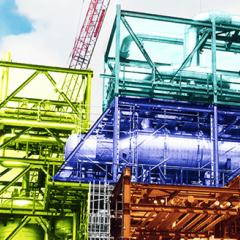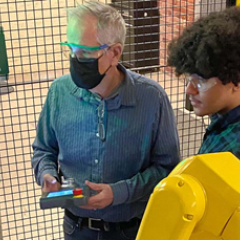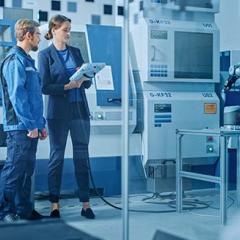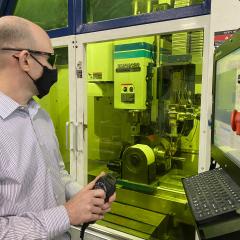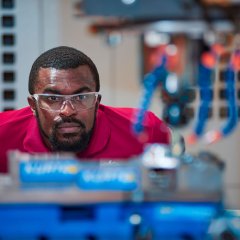
The manufacturing employment gap has existed for years, but some manufacturers have built great work cultures and evolved with societal changes to successfully build talent pipelines. In some areas, local stakeholders have created education and workforce development (EWD) programs that utilize local manufacturers and specialty partners to feed...


